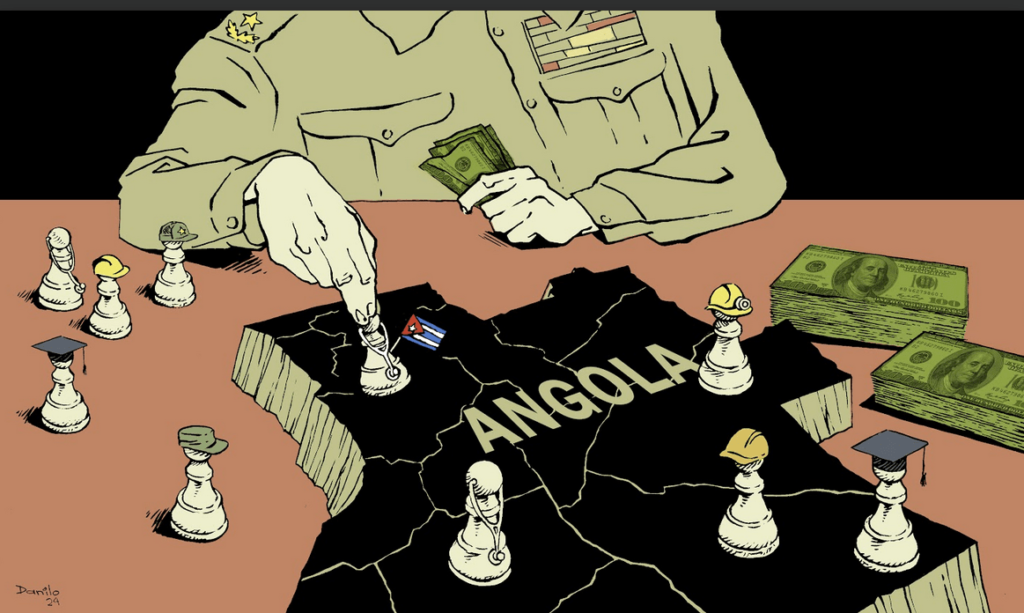
Cuba has managed to consolidate a business network with the government of Angola using Cuban professionals as raw material. The agreements are highly beneficial for the Cuban government, but neither the citizens of the island nor the professionals, who are forced to work under abusive conditions, see the benefits of these agreements.
HAVANA TIMES – Cuban doctor Emilio Arteaga remembers his time in Angola as the worst of the three international missions he was part of. He can’t forget the feeling of suffocation, an irreparable loss, and the “militarization of medical practice” as part of the operations of the Antillean Exporting Corporation S.A. (Antex), which hired him as a psychiatrist from 2013 to 2015.
Angola is the second-largest market for the export of human resources with strategic importance for Havana, after Venezuela. There, Cuba has managed to “project its political, ideological, and military influence in a crucial postcolonial struggle, while also gaining significant economic benefits from a state with substantial oil reserves and natural resources,” explains Maria Werlau, executive director of the NGO Archivo Cuba.
According to official data, in 2023, there were 2,056 Cubans working in the African country, 85% of whom were in the health and education sectors. These professionals, who are contracted by Antex, the operational arm of the business conglomerate Grupo de Administración Empresarial (Gaesa) of the Cuban Armed Forces, have brought in at least $1.808 billion to the island from professional services in the last 12 years.
Antex also has connections with at least eight state-owned Cuban companies registered in Angola. Through these, Cuba has provided services in over 30 sectors to the Angolan government. In total, Antex’s operations in Angola has generated approximately $6.755 billion in the last 25 years.

This investigación by El Toque with the support of CONNECTAS shows how the execution of these bilateral agreements and businesses has been characterized by violations of the labor and human rights of Cuban professionals who serve as operators of the commercial network in Angola. For example, the Cuban government controls access to their wages and prohibits them from associating with people who hold values different from those of the Cuban revolution or going anywhere without a superior’s permission in their free time. The contract even restricts the possibility of marriage or recognition of children in this country.
For this investigation, we spoke with more than a dozen professionals who were in Angola, accessed guidelines issued by Antex leadership, and reviewed contracts, regulations, and bilateral agreements during the period of peak activity to corroborate the abuse Cuban workers are subjected to.
“In Angola, I felt suffocated,” says Arteaga today. “I was drowning; it was a state of oppression that made me ask myself ‘what am I doing here’.” The psychiatrist, like several colleagues, teachers, and engineers consulted for this investigation, recount what Cuban professionals suffer in the African country: workplace harassment, continuous surveillance, and pun


